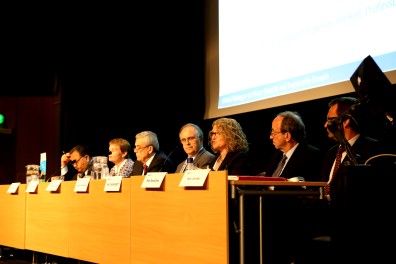“The analysis that we are doing would suggest that variability – the variability of rain, of runoff and the uncertainty associated with that, the unpredictability of rain and runoff – have a very particular impact on growth”, said Professor Grey.
The team of researchers have looked at parts of the world with the highest variability, the highest with uncertainty and complexity, and the correlation is evident.
“There is a very clear correlation and a causal correlation, in particular between runoff – which is the amount of rain that runs off the surface into rivers and streams and groundwater – and economic growth.”
This leads to a paradoxical situation, where the poorest countries in the world face the greatest complexity, and need the greatest investments to manage and develop water resources.
“But because they are poor, they don’t have those capacities, the resources that they need, or the information that they need to manage water resources. We think that this paradox – the consequences of variability – is very great. It is something we haven’t understood fully and our research demonstrates very clearly that variability is of enormous importance,” said Professor Grey.
The full interview with Professor Grey:
The work of the GWP/OECD Expert Task Force is on-going, with a final report on ‘Water Security and Sustainable Growth’ to be presented at the World Water Forum in South Korea in April 2015.
David Grey is visiting professor at the University of Oxford. He is also part of the lead team for the GWP/OECD Expert Task Force together with Dr. Claudia Sadoff (World Bank) and Professor Jim Hall (Oxford University). Prior to that he was the Senior Water Advisor for the World Bank for many years, and he has worked in countries throughout the world.
Top photo: The GWP/OECD Task Force and a high level panel discussed the research findings at World Water Week 2014 in Stockholm.

